Cindi Duchow, Wisconsin State Representative for 97th District | https://www.facebook.com
Cindi Duchow, Wisconsin State Representative for 97th District | https://www.facebook.com
According to the Wisconsin State Legislature's official website, the bill was described as follows: "determination of where a defendant resides or does substantial business for purposes of venue".
The following is our breakdown, based on the actual bill text, and may include interpretation to clarify its provisions.
In essence, the bill aims to amend existing statutes regarding venue determination in civil actions in Wisconsin. It specifies that a court cannot consider the participation of parties joined to a civil case or special proceeding, whether necessary or permissive, when determining proper venue based on where a defendant resides or conducts substantial business. Additionally, the bill clarifies that business entities are considered to reside in their place of incorporation or organization and are deemed to conduct substantial business only in the county of their principal place of business. These changes are intended to refine the criteria used to establish venue in legal proceedings involving business entities and joined parties.
The bill was co-authored by Senator Dan Feyen (Republican-20th District), Representative Robert Brooks (Republican-59th District), Representative Rob Kreibich (Republican-28th District), Representative Dave Maxey (Republican-83rd District), and Representative Jerry L. O'Connor (Republican-60th District). It was co-sponsored by Senator Howard L. Marklein (Republican-17th District) and Senator Romaine Robert Quinn (Republican-25th District).
Cindi Duchow has co-authored or authored another 42 bills since the beginning of the 2025 session, with none of them being enacted.
Duchow graduated from the University of Wisconsin.
Duchow, a Republican, was elected to the Wisconsin State Assembly in 2025 to represent the state's 97th Assembly district, replacing previous state representative Scott Allen.
In Wisconsin, the legislative process starts when a senator, constituent, group, or agency proposes an idea for a bill. After drafting, the bill is introduced, numbered, and referred to a committee for review and public input. If approved, it moves through three readings and votes in both the Senate and Assembly. Once both chambers pass the same version, the bill goes to the governor, who can sign it, veto it, or let it become law without a signature. Only a small share of bills introduced each session ultimately become law. You can learn more about the Wisconsin legislative process here.
| Bill Number | Date Introduced | Short Description |
|---|---|---|
| AB225 | 04/23/2025 | Determination of where a defendant resides or does substantial business for purposes of venue |
| AB206 | 04/23/2025 | The procedure for adding federal newborn screening recommendations to the state-required newborn screenings, granting rule-making authority, and providing an exemption from emergency rule procedures. (FE) |
| AB148 | 03/17/2025 | Interpreter action by telephone or live audiovisual means in civil or criminal proceedings |
| AB139 | 03/17/2025 | A tax credit for relocating to this state due to Hurricane Helene or the Los Angeles wildfires. (FE) |
| AB71 | 02/24/2025 | School district operating referenda |
| AB51 | 02/20/2025 | Participation in interscholastic athletics and application of the public records and open meetings laws to interscholastic athletic associations |
| AB34 | 02/17/2025 | Court-issued criminal complaints in officer-involved deaths |
| AB8 | 02/06/2025 | Agreements for direct primary care |
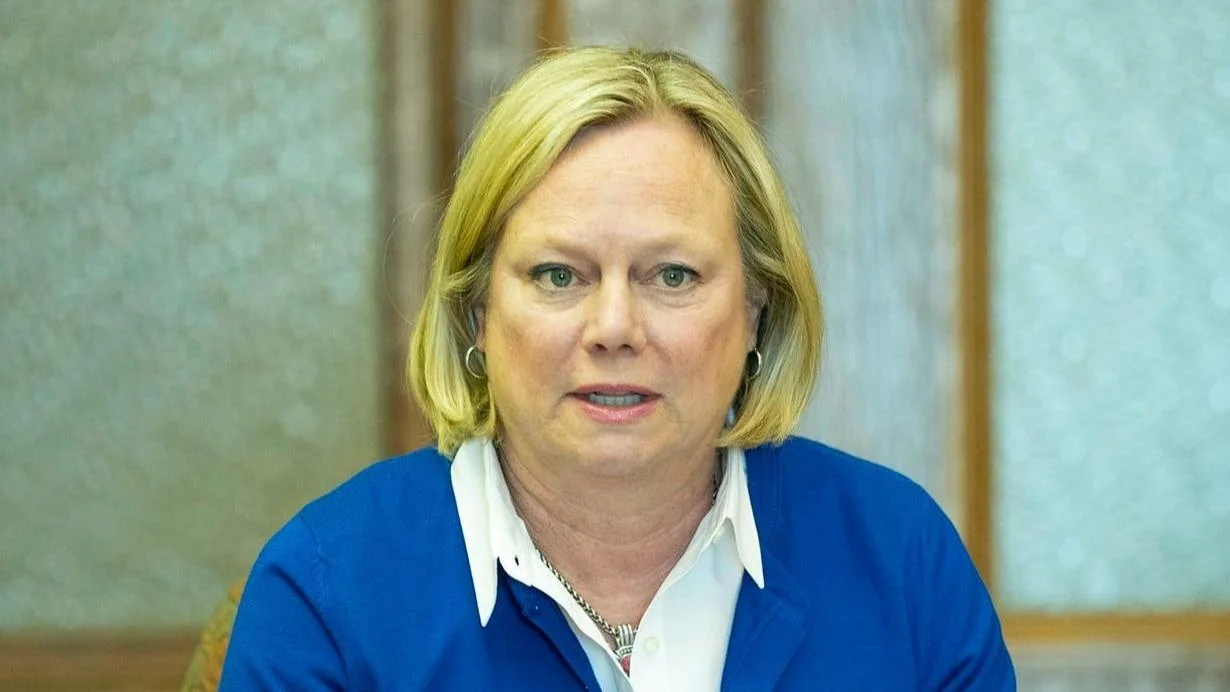
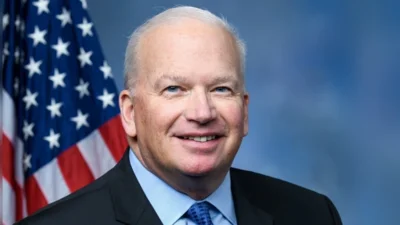

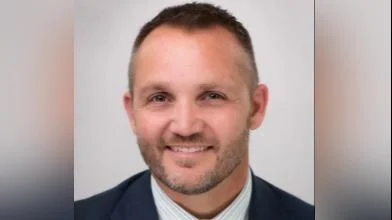
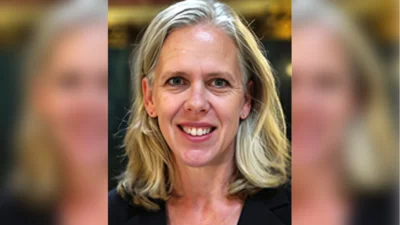
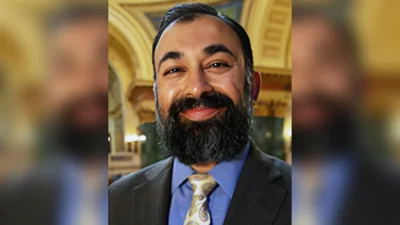
 Alerts Sign-up
Alerts Sign-up